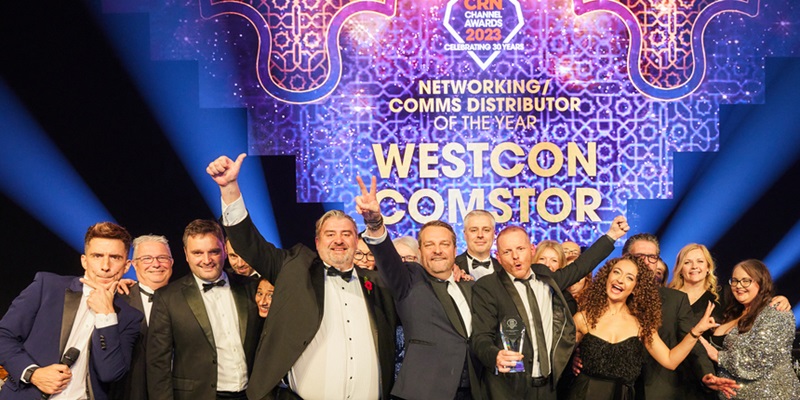
Responsible Business is more than just the right thing to do – it’s the only option. Mark McLardie, Head of ESG at Westcon-Comstor, explains more.
Responsible Business is important for many reasons, but two in particular are top of mind.
Firstly, we have a duty to protect our people, planet, and the communities around us – and this includes taking real action to make sure our world can thrive for generations to come.
Secondly, from a commercial perspective, Responsible Business is becoming increasingly important in our partners’ procurement decision-making and how we deliver Partner Success at Westcon-Comstor.
Our partners need to be able to show their stakeholders that their business has a strong sustainability program to reassure them of their resiliency. If we think about climate change in particular, supply chains are where the majority of most companies’ emissions are. So, our partners rely on us to proactively tackle our own emissions and to help our vendors manage theirs.
What would the world look like if every business was a Responsible Business?
The United Nation’s Sustainable Development Goals provides a framework for what a sustainable future could look like. The goals include:
- No poverty or hunger
- Good health and wellbeing
- Reduced inequalities
- Universal access to energy and water
- Responsible consumption and production
- Protection of life on land and in the sea
- Climate action to combat the impact of climate change
It’s important to remember that a sustainable future is more than a nice idea to aspire to. Inaction comes with real, grave, and often irreversible consequences, including irreparable damage to ecosystems, extreme weather, exacerbated poverty, and more.
Already, the planet has suffered a degree of irreversible harm. This means that, more than ever, we must limit further harm to the planet to avoid the worst impacts in the future.
How do we practise Responsible Business at Westcon-Comstor?
In the last six months, we have:
- Completed work on our Net Zero-aligned climate change targets, which we submitted to the Science Based Targets initiative for validation in December 2022
- Developed an emissions reduction action plan, which outlines the practical steps we must take to deliver on our targets. The priority in this plan is to increase the use of renewable energy to power our operations
- Achieved the ISO14001 certification in our European logistics facilities and are now working to extend this to our facilities in Australia, New Zealand, and Singapore
Moving forwards, we’re working to identify which of the UN’s Sustainable Development Goals are most relevant to our business. We plan to incorporate these into our Responsible Business strategy and reporting.
We’re also placing more emphasis on employee engagement around Responsible Business. For example, we recently launched an all-staff training program to ensure everyone understands the strategy and their role in it.
We’re also about to launch an internal sustainability challenge which encourages employees to submit their ideas for reducing the company’s emissions or improving our environmental impact. The winning idea will be funded and put into action.
As well as this, we’ll soon be launching a Sustainability Employee Resource Group (ERG) in EMEA, following the success of our APAC Sustainability ERG. The ERGs bring people together to contribute and share their thoughts on sustainable practices.
Responsible Business matters to all our stakeholders, from our employees to our investors and our partners. It’s a business imperative, the right thing to do, and the only option.
Find out more about how we practise Responsible Business here.





